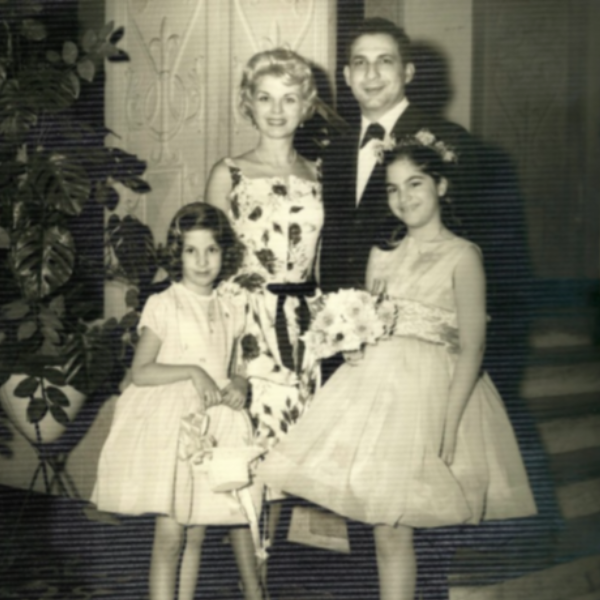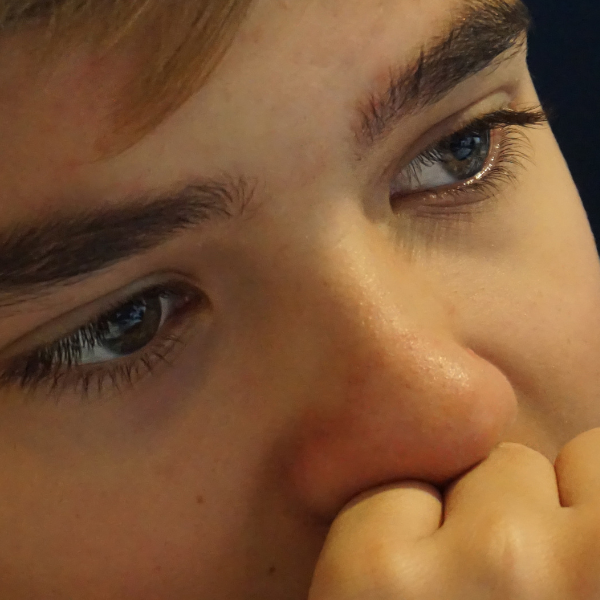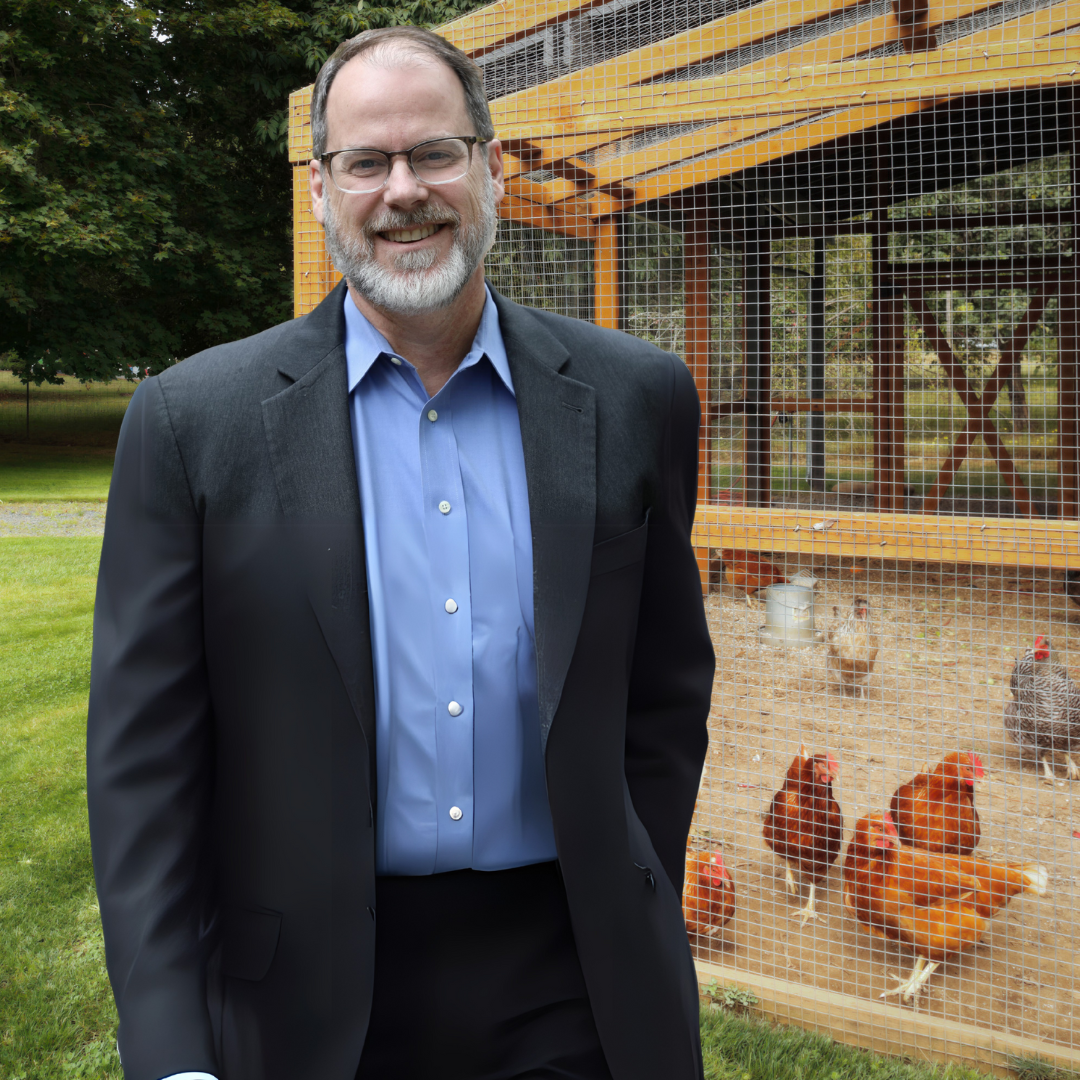Ever since I was a child, I hated needles. I think many people would say the same thing. Even as I went through pharmacy school and learned about the value of vaccines in regard to public health, I kept thinking the same thing: “Seriously, does it always have to be a needle that makes things better”?
At my first pharmacy job in a hospital, where the employment rolls numbered in the thousands, the employee health nurses knew me personally: I was the one who would sneak away on an “important task” when they were nearby. Sometimes I’d just hide from them. I’m not afraid of the needle itself—I’ve always understood the importance of vaccines (although maybe not to the extent I do today). I was afraid of what the needles did to me. I tended to pass out. I’ve passed out numerous times during procedures involving needles, including during a tuberculosis) test, blood donation, , and even when I got the flu shot. It was never enjoyable waking up and seeing a bunch of people standing over me asking, “Are you okay?”
Perspectives and understanding can change with experiences. While I understood why we need vaccines from a public health perspective, I failed to truly understand what could happen in real life if people did not get them. As a hospital pharmacist, I eventually saw the consequences of being unvaccinated. Unvaccinated individuals were admitted to my hospital and they were sick. Some were very sick. Some even died. Flu season was particularly notable, as many patients would be admitted with varying degrees of illness and housed anywhere from the medical floor to a critical care unit.
My “a-ha moment” however, coincided with a trifecta of events: taking the certification of immunization for pharmacists, getting promoted to a clinical pharmacy specialist in infectious diseases, and becoming a professor. The immunization course made plain—through visuals, scientific evidence, and history—what the diseases we could prevent by vaccination looked like, preventable diseases that my generation has been fortunate not to have seen in great numbers. (If you are wondering, I was born in 1975 and received most of the vaccines recommended today to children.)
But what I am most thankful for having learned in that course was instruction in the practice of immunization administration. Yes, the playing with needles! You would be amazed how, by sticking yourself with a needle, you can overcome a fear. (And no, I did not pass out!) As a clinical specialist, I was also directly seeing patients infected by preventable diseases. Sometimes, I witnessed the unfortunate outcomes of these diseases—outcomes that could have been avoided.
At the same time, I was being mentored by my team of infectious disease colleagues in the science of vaccinology and the medical history that brought these vaccines to fruition, and I will forever be grateful for all of their knowledge and skill. Along with a lot of reading and studying of some very old and new literature, I was able to really understand and digest the value of vaccines and how they save lives.
A saying that I have heard and passed on many times to colleagues is: “If you can teach it, you truly understand it.” This principle illustrates the last of the trifecta that helped me truly understand the crucial importance of vaccines: Teaching. I was given the honor of teaching other professionals on a college level by leading a class on vaccines and why they are necessary. The presentation has gone through many revisions over the last decade, but judging by the questions I have received and the examples students themselves have given, I know the class has had an impact.
I am twenty-two years into my pharmacy career now, and though my hair is a bit grayer, I hope I can say I am a bit wiser as well. I have spent more than a decade as a pharmacy infectious disease specialist, a professor, and a member of our healthcare network’s “flu crew.” While simplifying the science of vaccines and educating my peers and patients, the act of vaccinating is of even greater value and joy to me. For more than two decades, every year in early November our network’s volunteers vaccinate more than ten thousand members of our community against influenza at two sites, all in under two days! Being part of the management team that runs this event—with more than 700 volunteers—with the sole goal of decreasing the severity of influenza is awesome to say the least.
On a smaller scaler, working with our street medicine team to vaccinate our homeless neighbors for influenza and hepatitis A has been deeply rewarding and humbling. The gratitude with which these members of our community welcome our team always reminds me of why I do this work and knowing our community is better protected against the devastating effects of vaccine-preventable diseases is immensely fulfilling.
Decades have passed now since I graduated with a degree in pharmacy. I am proud of the way my career has unfolded; with a lot of hard work and a bit of luck, I’ve become an experienced healthcare professional who is considered by his colleagues an expert and an advocate for vaccines and vaccination. And while my distaste for needles has not gone away, I have learned to sit or lay down when I am being vaccinated to avoid the embarrassing act of passing out!
Jarrod W. Kile RPh., BCPS graduated from the Philadelphia College of Pharmacy and Science in 1998 with a Bachelor’s of Science in Pharmacy. He has been at Lehigh Valley Health Network (LVHN) for over twenty years and a clinical pharmacy specialist in infectious diseases since 2008. In addition, he teaches medical professionals within LVHN, as well as nursing colleagues at Desales University.
Editor’s note: Sunday, January 12 is Pharmacist’s Day! Thank a pharmacist for being a good partner in immunization.



